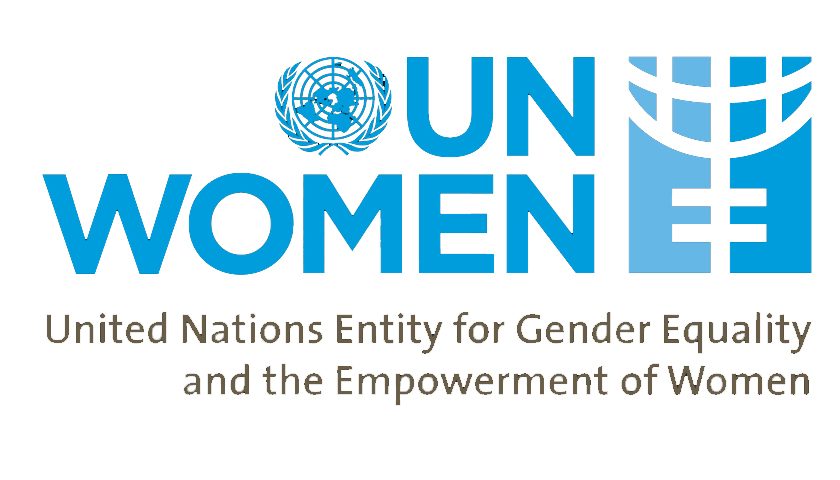With Christmas fast approaching, PayPal’s Generosity and Giving 2021 study shines a light on how the pandemic continues to shape our celebrations and gifting traditions. Whilst a quarter of Brits (24%) say it feels like Christmas will be back to normal this year, more than half (57%) of Christmas hosts will only invite double vaccinated guests and two in five (39%) will demand guests take a COVID-19 test before they arrive with 25 per cent admitting it’s because they’re anxious about hosting people due to the pandemic.
A key worry this Christmas is that lockdown restrictions could prevent people from celebrating in-person (36%). Concerns related to the pandemic is prompting more than a third (34%) of people across the UK to do all their Christmas shopping online and a quarter (24%) said they will head into stores during quiet times to avoid crowds and COVID-19. Staying safe also means around a fifth (16%) will not give physical gifts, opting instead to transfer money or gift experiences instead.
It’s not just COVID-19 that Brits have on their mind ahead of the holiday season. Gift giving is causing some levels of stress. Worries include gifts not arriving in time due to supply chain issues (27%), not having enough money to pay for gifts (26%) and for 17 per cent – it’s the worry that people won’t like the gifts they buy for them.
Christmas silver lining: Generosity
Encouragingly, a third (34%) of Brits say that the pandemic has caused them to be more generous with their time and money. In fact, Brits say the pandemic has caused them to feel increased levels of motivation to support charities with the most popular causes being animal welfare (22%), hospital and hospices (21%), homelessness (21%) and mental health care (21%).
Generosity in the UK: Which city is the most generous?
According to the study, Brits say they donate on average, £103.41 a year to causes dear to their heart. Men claim to be the more generous sex, donating an additional £33.52 on average per year than their female counterparts. Geographically, Scots lead the way in being the nation’s most generous Britons with Aberdeen taking the crown for the most generous city in the UK with people there donating nearly twice the national average of £193.76 to charities and causes each year, followed by Edinburgh (£138.38) and Liverpool (£125.64).
However, only a third of people (31%) consider themselves a generous person with a quarter (24%) believing they could be more generous than they currently are. What holds us back from being more generous? Top reasons given include money worries (28%), the cost-of-living crisis (25%), COVID-19 lockdown measures (23%) and one in five (19%) say they have reservations about how the money is spent.
On what makes a generous person—taking time to talk to others (47%), regular donations to charity (45%) and buying gifts for friends and family ‘just because’ (41%) are the top signs of generosity in people according to those polled. However, the study shows that donating their time to causes is not a priority with 60 per cent admitting that they never volunteer for a cause or charitable work.
According to behavioural psychologist Dr. Linda Papadopoulos, being generous and giving contributes to our wellbeing. “Humans are social beings. Being generous with our time, money, or sharing resources, allows us to connect meaningfully with those around us. Research has shown that when we give, our brains release endorphins that lift our mood and make us feel good. There’s no better time than the holiday season to be generous, whether it’s donating our time and money to charity, buying gifts for family and friends or acts of service and kindness in our communities.’’
Online fundraising trends
The way we give and donate is increasingly happening online with a quarter (24%) of UK adults now raising money for causes via online platforms. This jumps to 54 per cent amongst GenZ and 38 per cent of Millennials. As per this poll, Brits raise a healthy £959.76 on average for good causes through online platforms, with people in Oxford topping the UK for raising more than three times the UK average at £3,319.25!
Vincent Belloc, PayPal UK Managing Director said, “We launched the Generosity Network and Generosity Network for charities to make it easier for people to raise funds to help other people and support causes this Christmas and beyond. Through ‘Give At Checkout’, people can make micro donations of £1 when they do their Christmas shopping online with PayPal by selecting their favourite charity in their PayPal account online or via our mobile app.”
This Christmas, PayPal is giving customers the chance to win £10,000 each week along with many other prizes by shopping or donating with PayPal this Christmas. Until December 19, 2021, existing customers in the UK have a chance to win PayPal rewards or cash prizes each time they shop or donate online with PayPal. Winners will be drawn every week in the lead-up to Christmas. Details and terms can be found here: www.paypal.com/uk/giveaway.
To find out how you can give to a cause close to your heart this Christmas as you shop with visit Generosity Network or www.paypal.com/gb/fundraiser/hub or download the PayPal app.
Top signs of generosity
Source: PayPal’s Generosity and Giving 2021 study2. Those surveyed listed the following leading ways in which they are generous to people in their family, at work or in their community.
- You take time to talk to others
- You regularly donate to charity
- You buy gifts for loved ones ‘just because’
- You’re willing to give up your seat when using public transport
- You give up your free time for charitable causes
- You give to foodbanks – directly or at supermarkets for instance
- You regularly donate items to charity shops
- You’d lend someone your last fiver
- You’re a good tipper
- You’re always the first to buy a round of drinks for friends at the pub
- You regularly give spare change to the homeless
- You regularly buy food for the homeless
- You take part in community projects – like litter picks
- Always have an open invitation into your home
- You regularly bake for friends, family, and colleagues
- You give lots of compliments
- You don’t tend to keep track of money you’ve lent to others



